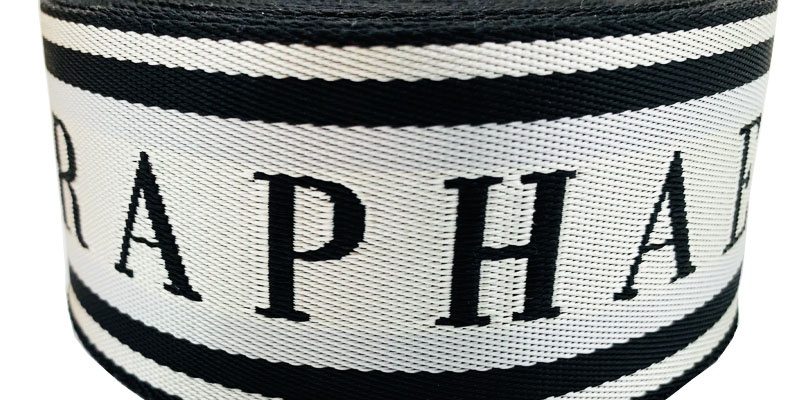Polyester webbing is a versatile material widely used in various industries, including manufacturing, construction, and outdoor gear. In this blog, we will explore the fundamental aspects of polyester webbing.
Polyester webbing is a type of flat woven fabric made from polyester fibers. Its strength, durability, and resistance to UV rays and moisture make it a popular choice for applications like cargo straps, safety harnesses, and tow ropes. Here are some key points to consider:
1. Polyester Webbing Composition: Polyester webbing is typically made from high-quality polyester yarns. The weaving process creates a strong and flexible fabric that can withstand heavy loads and harsh conditions.
2. Strength and Durability: Polyester webbing offers exceptional strength and durability, making it suitable for tasks that require high tensile strength. It can maintain its integrity even in extreme temperatures.
3. Resistance to Environmental Factors: Polyester webbing is resistant to UV radiation and moisture, making it ideal for outdoor and marine applications. It does not degrade or weaken when exposed to sunlight or water.
4. Versatility: Polyester webbing is available in various widths, colors, and thicknesses, making it versatile for different applications. It is commonly used in cargo securing, automotive, and recreational equipment.
5. Safety Features: Polyester webbing is known for its low stretch properties, which enhances safety when used in applications like safety harnesses and climbing gear.
In conclusion, polyester webbing is a crucial material in many industries due to its strength, durability, and resistance to environmental factors. Whether you need it for heavy-duty tasks or outdoor adventures, polyester webbing is a reliable choice.


















